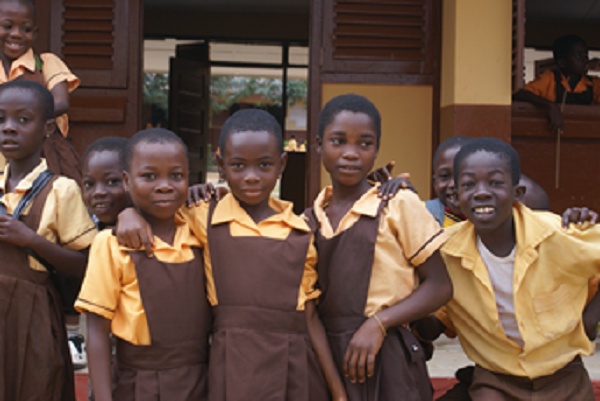The Ghana National Education Coalition Campaign (GNECC), an education sector civil society organisation (CSO), has called on government to increase budgetary allocation for the implementation of inclusive education policy (IEP).
According to the coalition of CSOs, it is one of the only pro-poor educational policy interventions that every Ghanaian is able to access; so if funds are not raised enough to sustain it, implementation in the long term would be a challenge.
The IEP defines the strategic path of the government for the education of all children with special educational needs and responds to the changing priorities and national aspirations, as well as international development trends in provisions for inclusive education.
The CSOs emphasised that the policy is based on the value system which holds that all persons who attend an educational institution are entitled to equitable access to quality teaching and learning, and which transcends the idea of physical location but incorporates the basic values that promote participation, friendship and interaction.
National Coordinator for GNECC, Bernice Mpere-Gyekye, indicated that there is a vast difference in education between urban and rural Ghana in terms of infrastructure and learning resource allocation, and so there are a lot of brilliant but needy students in rural areas who are not getting access to quality education, and so lack a lot of information.
“We are calling for more attention to inclusive education which gives way to all deprived children on the street, disabled or physically challenged ones to be given the needed assistance to go to school. We want the Ministry of Education to effectively implement the IEP and increase budgetary allocation to the policy for it to achieve its objective,” she said.
Touching on the capping of the Ghana Education Trust Fund (GETFund) and donor funding supports, Madam Mpere-Gyekye indicated that relying on donor support for education sector policy interventions and development projects is not sustainable as most of the programmes have specific timelines. Therefore, the government must ensure regular internal funding mechanisms to keep the support programmes running.
“What we are saying is that the government should be able to raise funds internally to be able to fund these pro-poor educationally policies, otherwise sustainability is threatened,” she said.
Again, the GNECC indicated that the Complimentary Basic Education Programme has given much support to children in remote areas to receive about nine months of non-formal education before transitioning into mainstream education; hence, it’s advocating for the commitment of more resources to intensify the programme for rural dwellers to also have equal access to education like their counterparts urban dwellers.
The national coordinator indicated that research conducted by the CSOs showed that majority of schools fall below the required infrastructure standard, especially in the area of libraries, Information Communication Technology (ICT) laboratories, desks, sporting and washroom facilities; hence, the need to standardise the infrastructure provision for all schools to have the same infrastructure and equal access to quality education.










